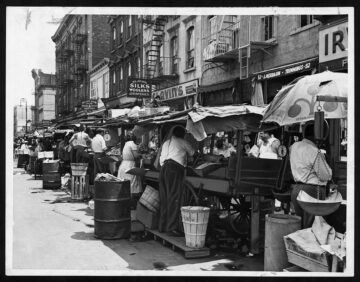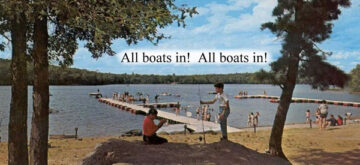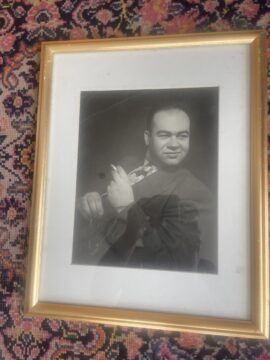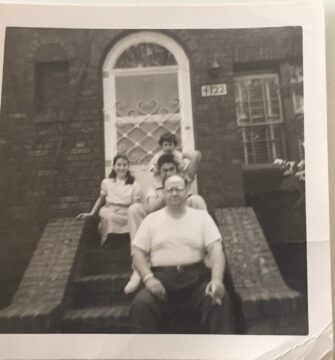by Barbara Fischkin

Cousin Bernie’s Own Memoir Surfaces Years After His Death
(a.k.a Cousin Bernie, Free-Range Professor-Part Three)
As much as I loved my late Cousin Bernie, I figured that in regard to my own memoir, I was done with him. Cousins are great but those two earlier chapters—on just one cousin—were more than enough.
Then… I heard from Bernie.
A heavenly nudge.
Years after his death, I believed I could identify his voice with its gravelly Brooklyn twang, slightly tempered by a slower drawl acquired during decades in the Midwest.
“There is a lot more to write about me. And if it is about me, then it is also about you.”
I wish I could report that this actually came from the afterlife.
Nope.
It came from the post office.
Joan Hamilton Morris, Cousin Bernie’s widow, mailed his unpublished memoir to me, after she found it while moving to a new assisted living residence. That was about a month ago. I never knew it existed. Now, I had it in hand—Cousin Bernie’s memoir, written quietly in an adult education class he took after retiring as an honored professor of Psychology and Mathematics at a public university in Indianapolis, Indiana.
I flipped through the typewritten, hard copy pages, stopping early at a description of my Grandpa Phillip. He had died before I was born and all I knew about him, from my parents, was that he had been a handsome, drunken, sporadically employed, womanizer who beat his sons and his long-suffering wife, Grandma Toby. Nice. Grandma Toby died young. Grandpa Phillip subsequently romanced a new bevy of women and then, sort of made up for past sins by marrying one of them.
Despite being decades apart in age, Bernie was my first cousin. This explains why we had the same paternal grandparents. Except, unlike me, he had known them. And so, thanks to Cousin Bernie, I read about a different version of Grandpa Phillip. And learned more about Grandma Toby, too. Read more »




